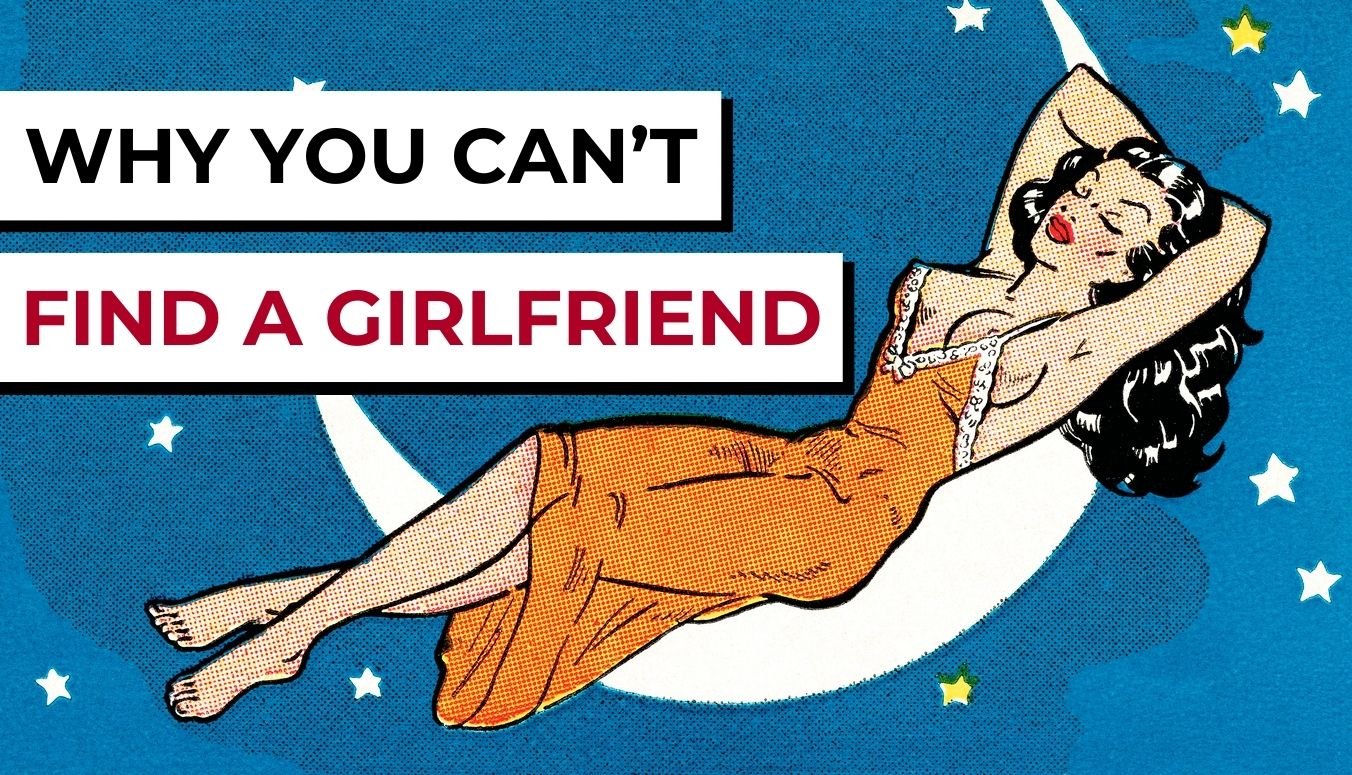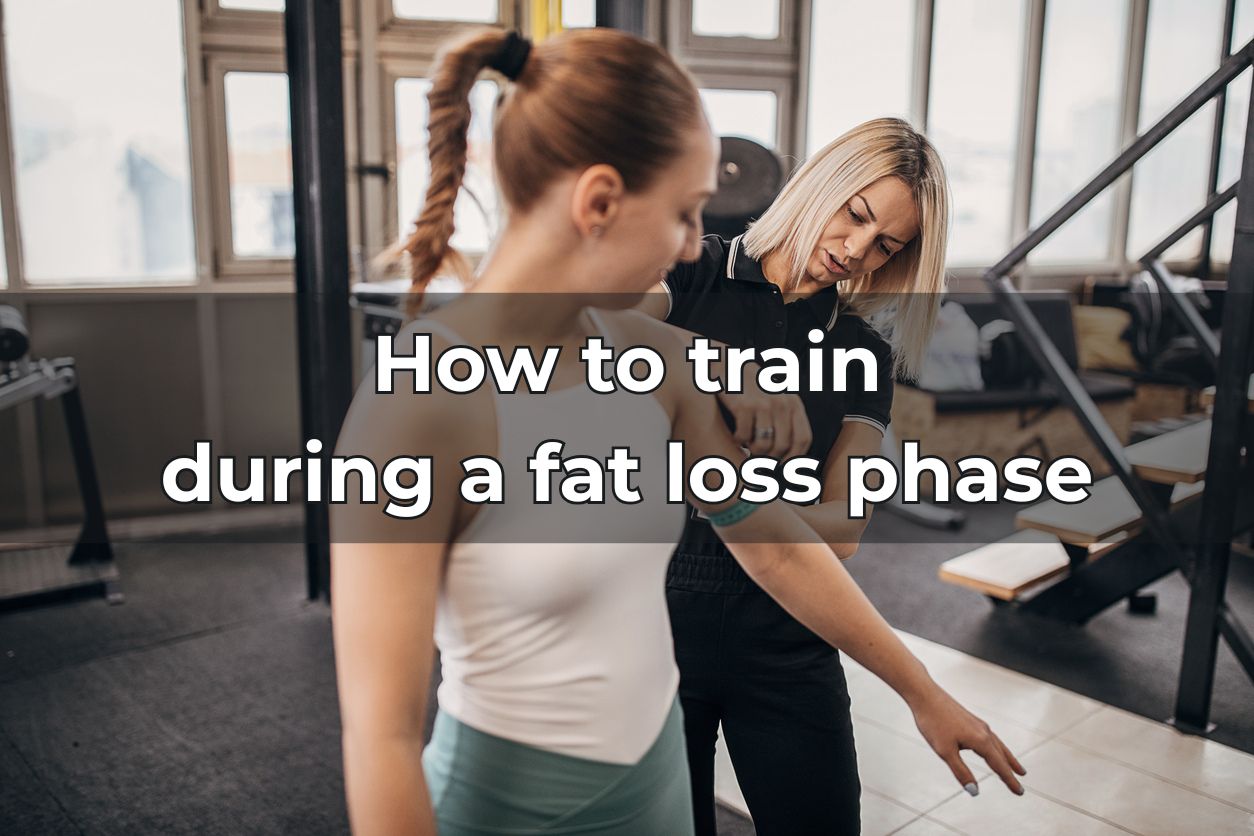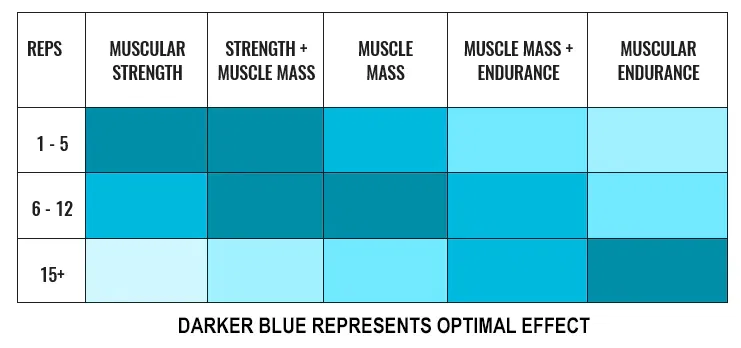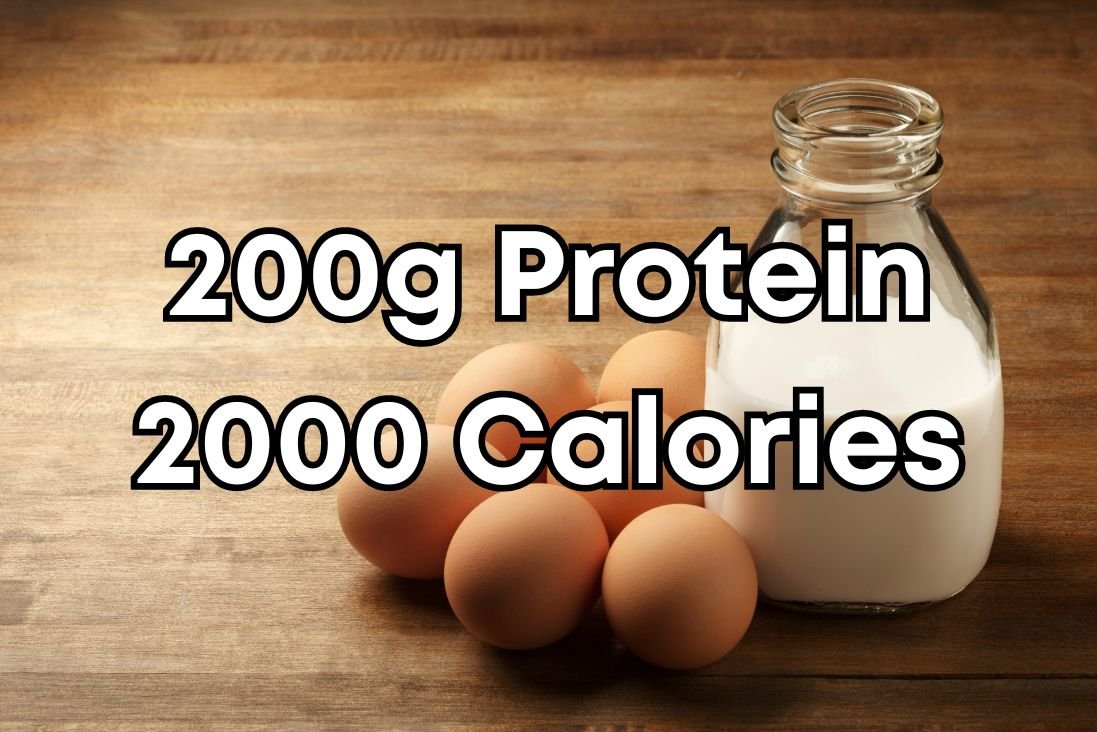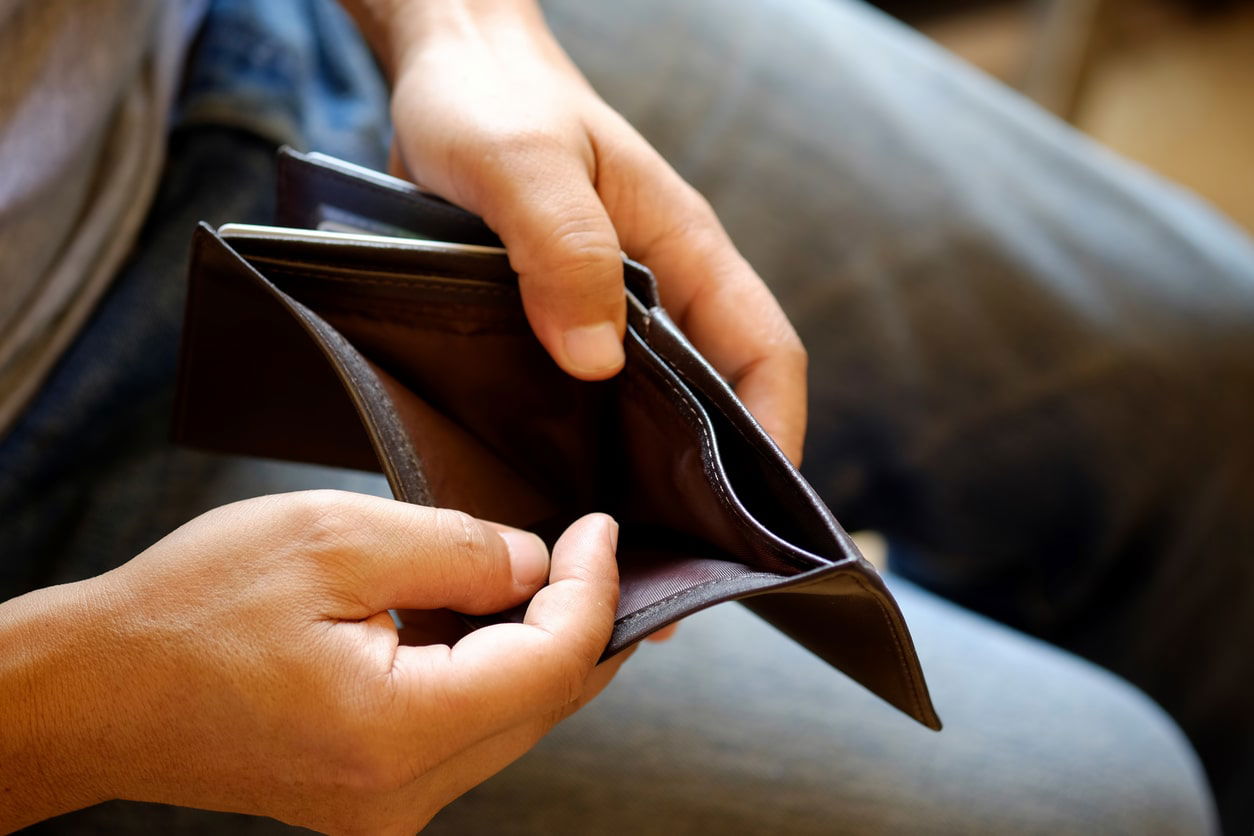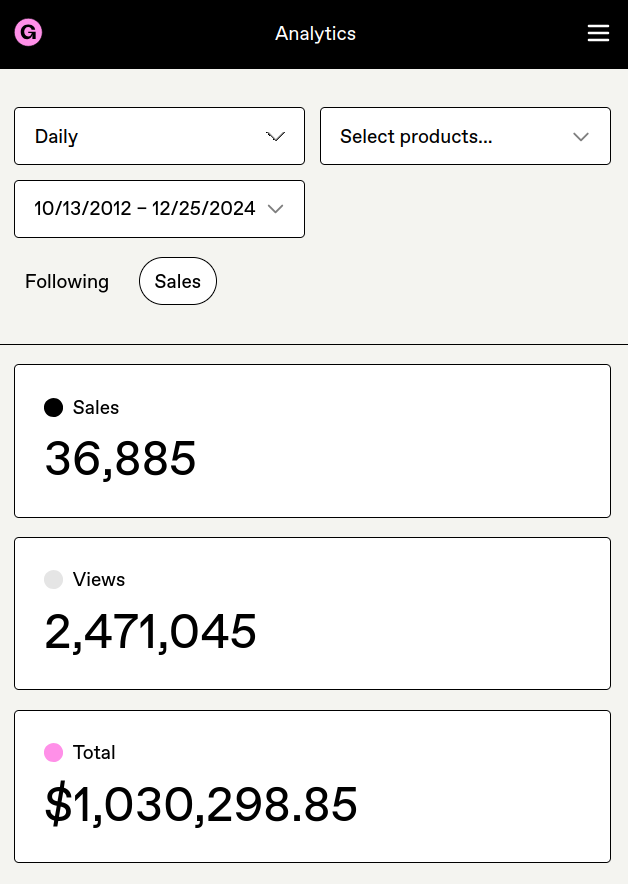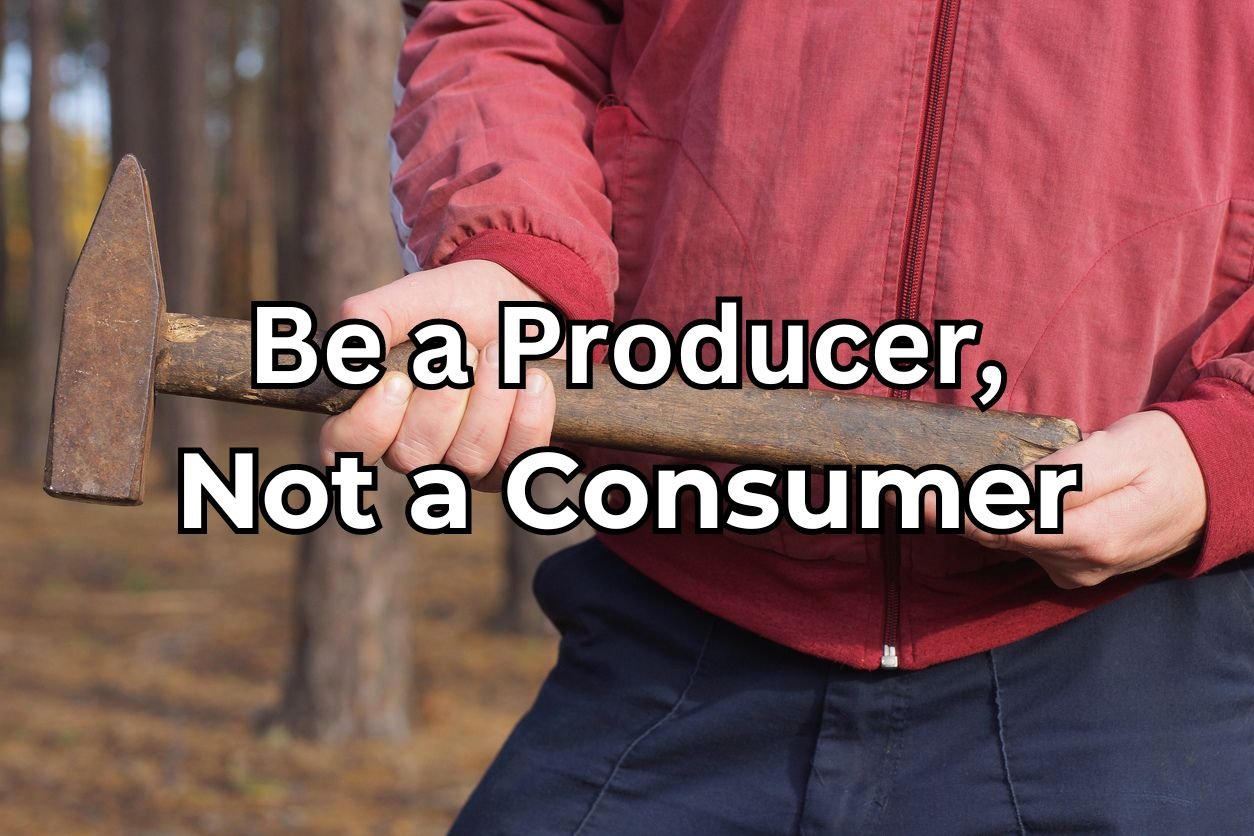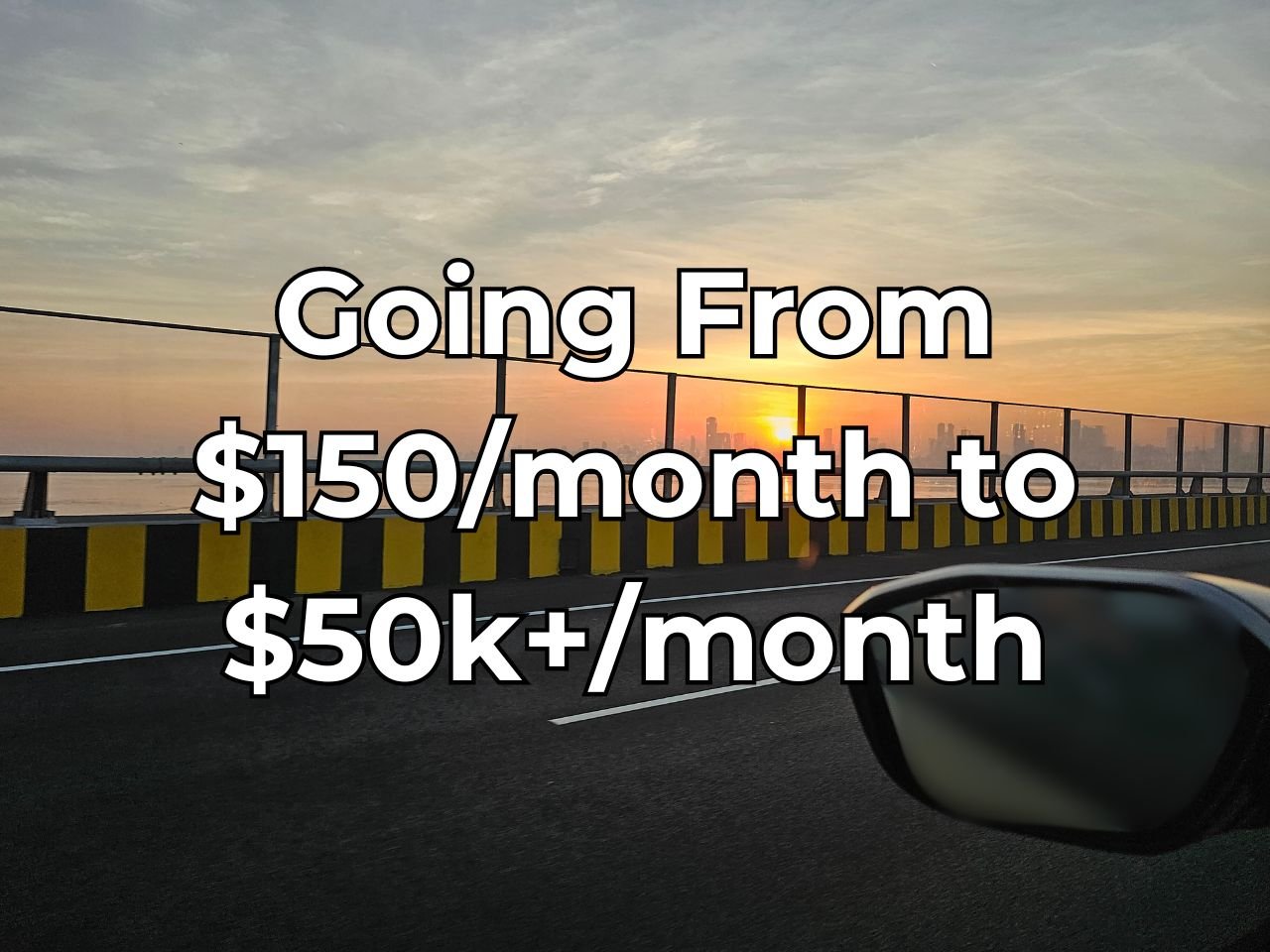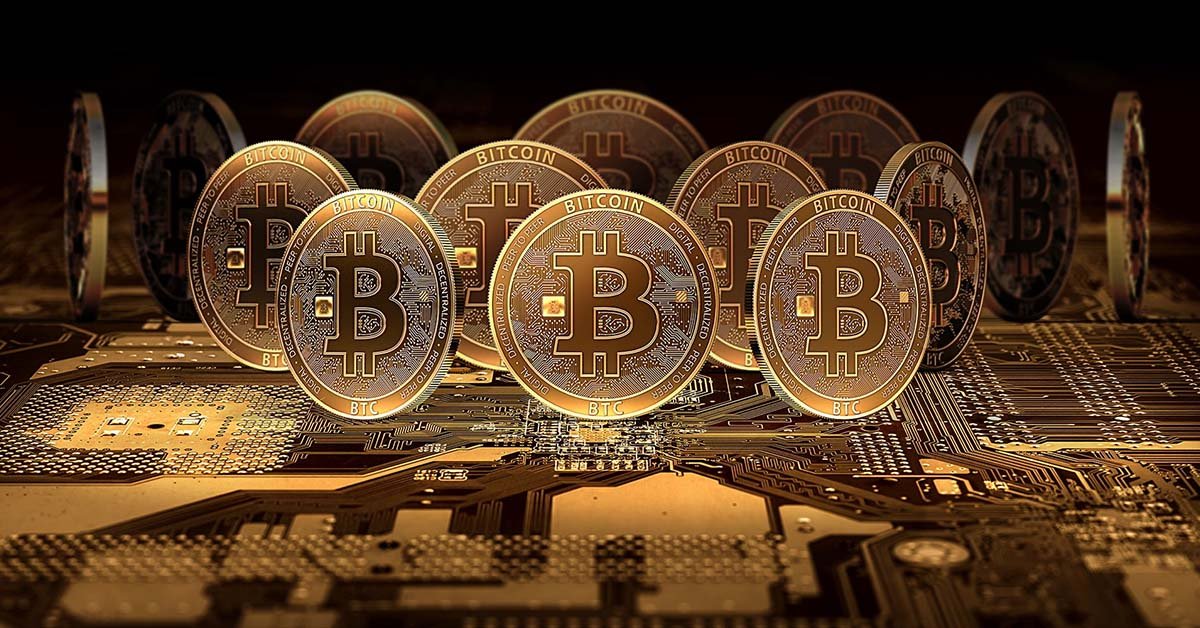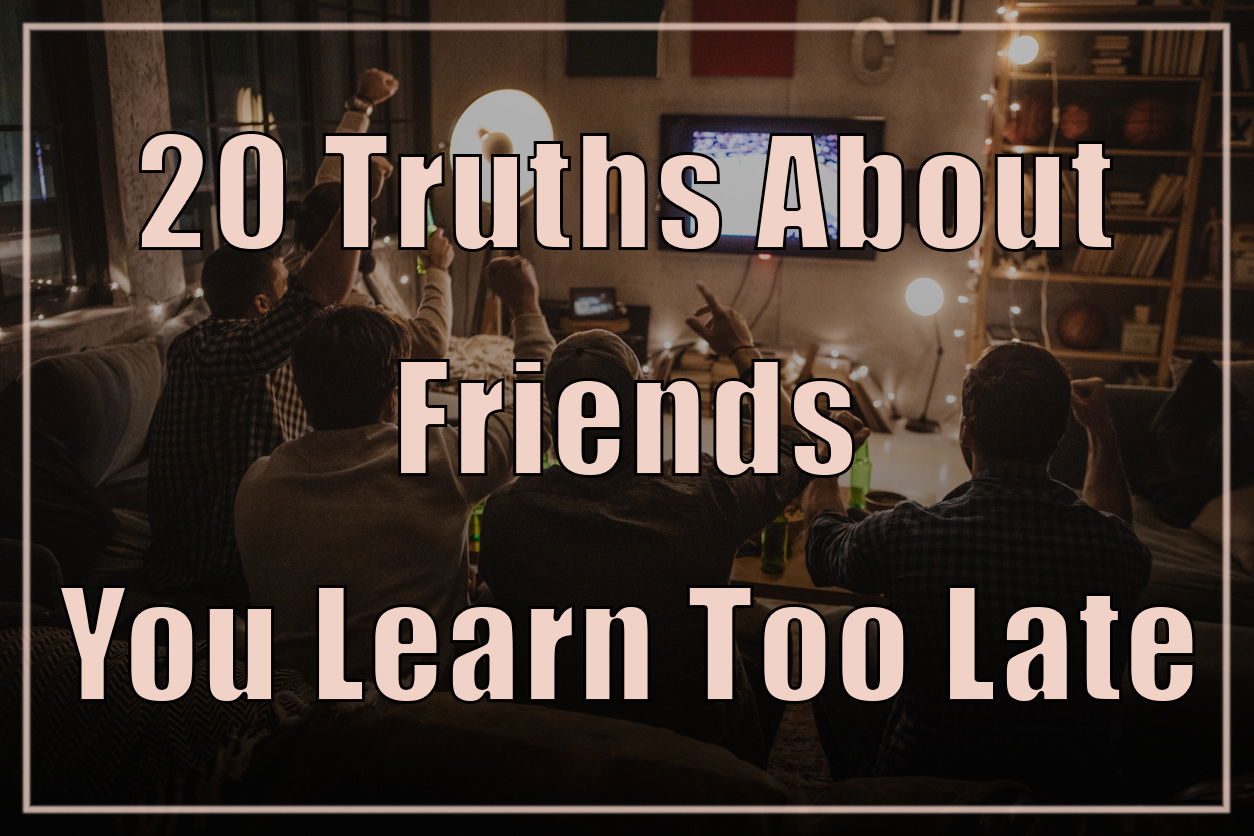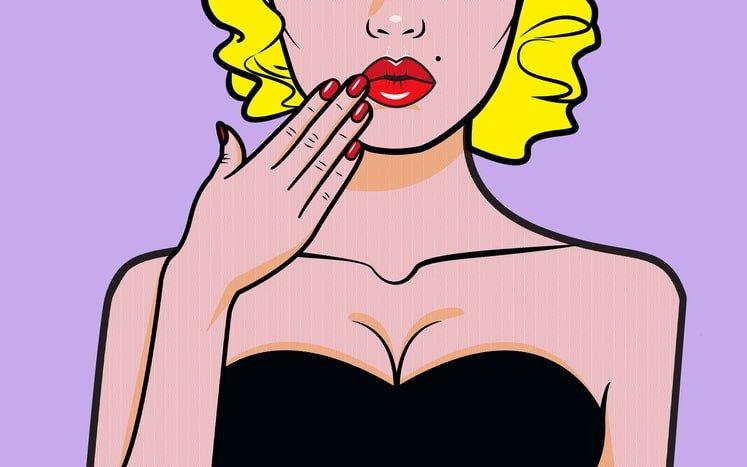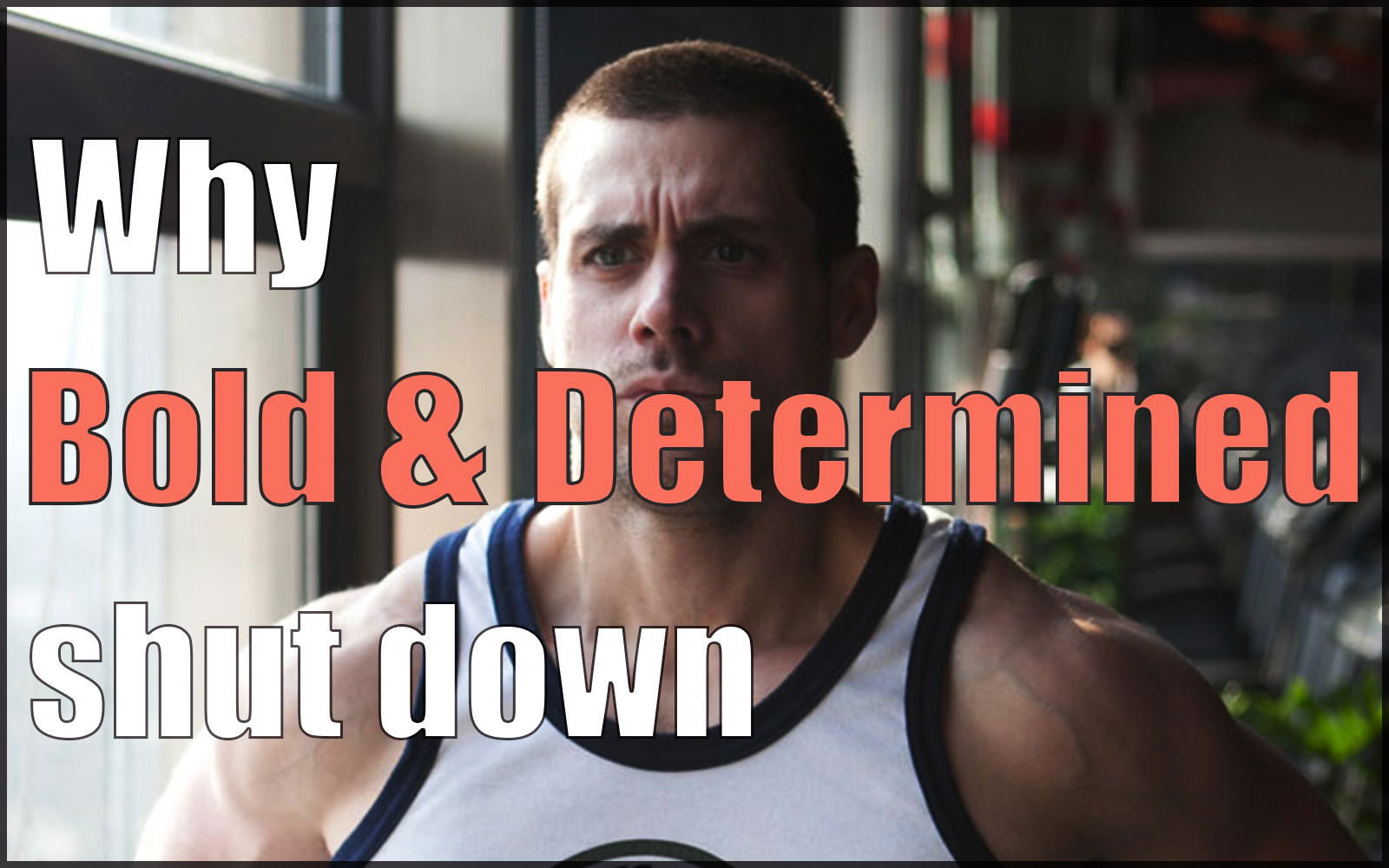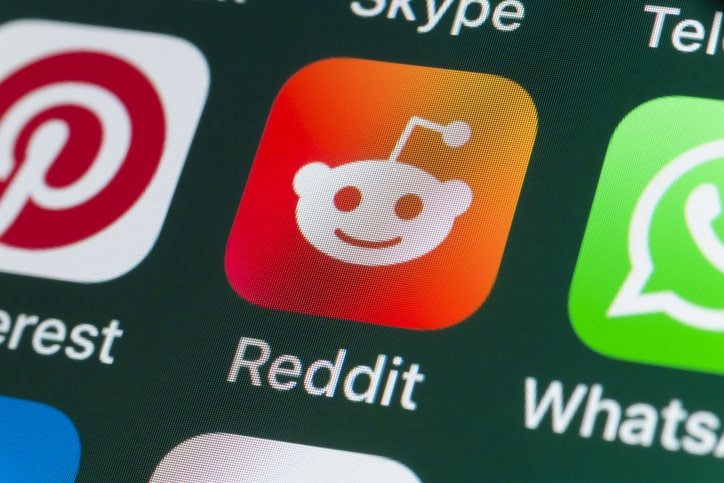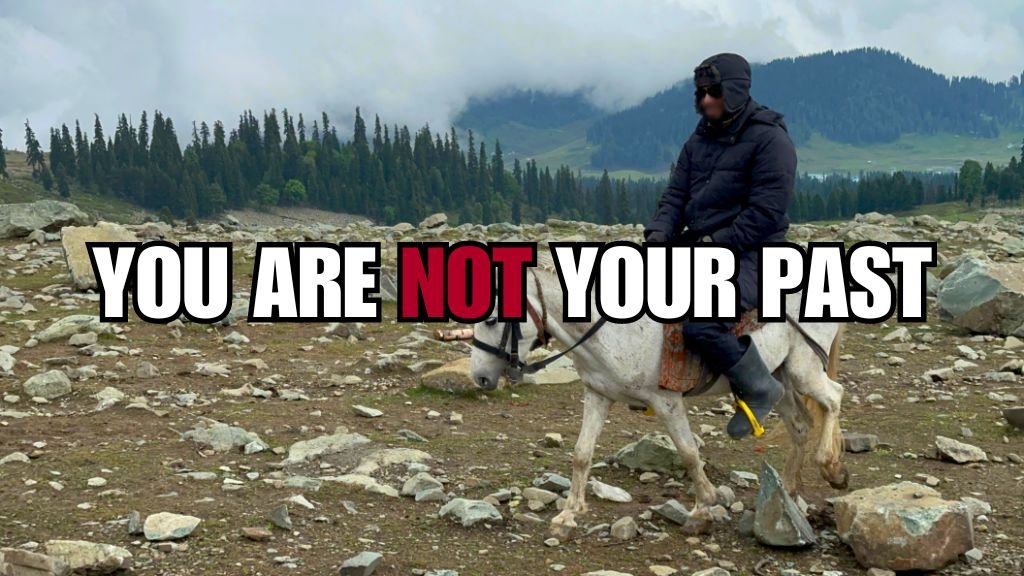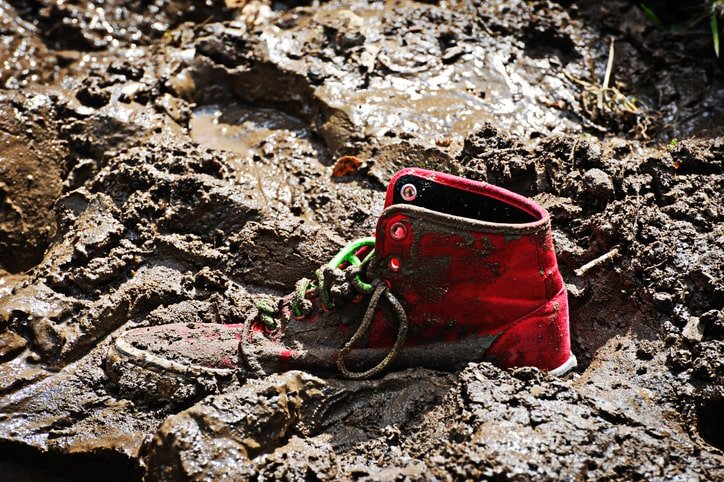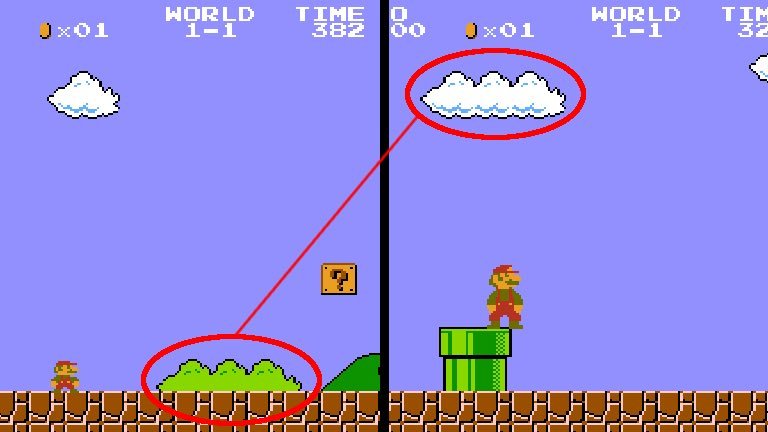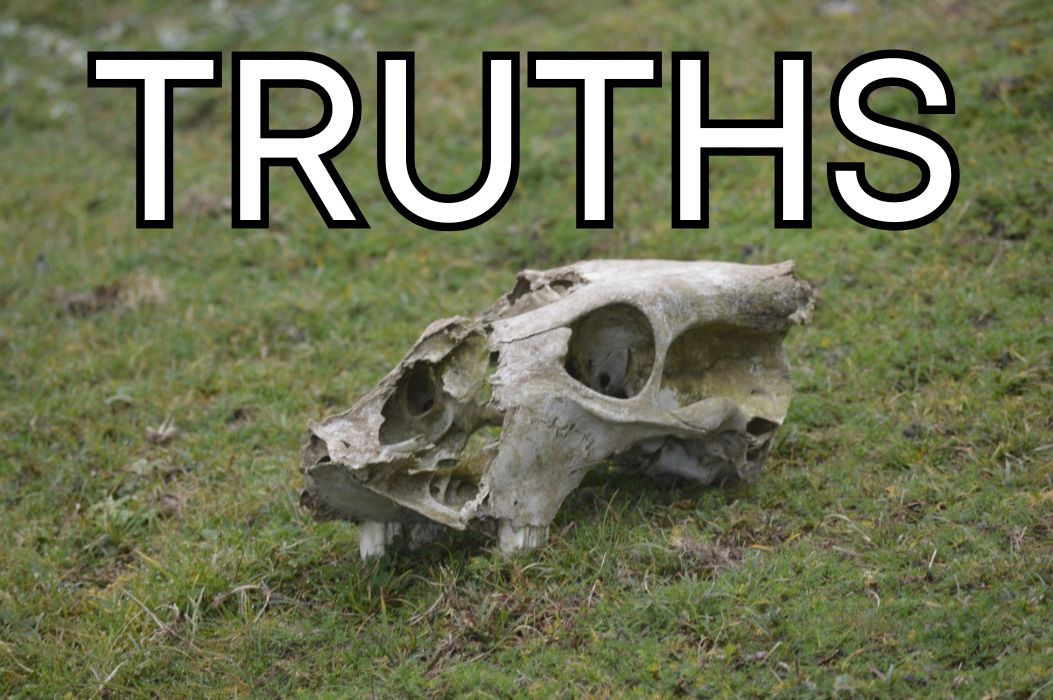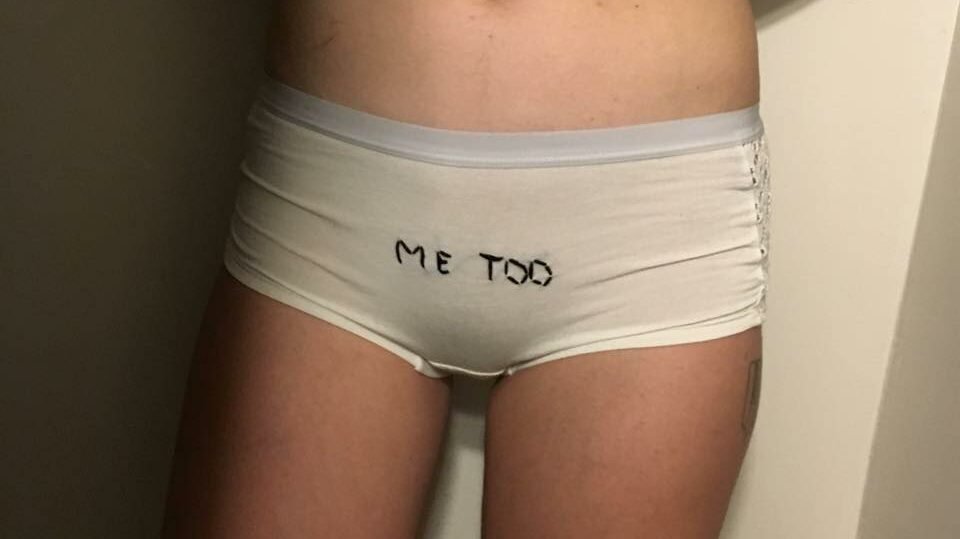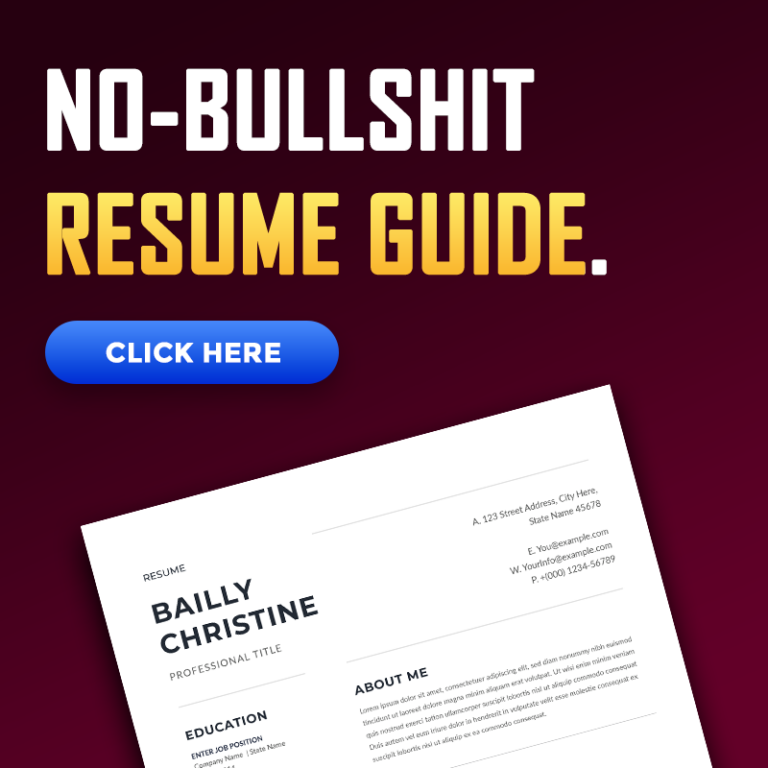From the desk of Harsh Strongman
Subj: What to do if you are someone with diabetes
Note: I am not a doctor. This is not medical advice. See my medical disclaimer.
If you are a diabetic or have family members who are diabetic (i.e. you have the diabetes genes), grab some black coffee and read this article.
Blood Sugar
When you eat food, your digestive system breaks down all the nutrition in it and puts it in your bloodstream.
- Protein is broken down into amino acids.
- Fat is broken down into fatty acids.
- Carbohydrates are broken down into glucose (also known as blood sugar).
(The three points above are slightly oversimplified as there’s different types of carbohydrates breaking down into a variety of different sugars. This is not important for this article because most people are eating foods that turn into mostly glucose e.g. grains and sugar.)

You with me so far? Good.
What happens when all this glucose enters your blood?
Insulin
Insulin and glucagon are hormones that are supposed to regulate blood sugar levels.
Insulin makes sure that blood glucose isn’t too high and glucagon makes sure it’s not too low.
When you eat carbohydrates, your blood sugar levels go up as your digestive system does its work and dumps the sugars into your blood.
Your pancreas detects this and produces insulin.
Insulin does these things:
- Convert the glucose to glycogen and store it in the liver
- Convert the glucose to glycogen and store it in your muscles (it’s how your muscles are “fed”)
- Tells the fat cells (adipose tissue) to store fat i.e. making your body use more of the glucose for energy and not its fat reserves
- Stimulates the conversion of glucose into fat (which gets stored in your fat cells – see above point)
How much of what it does depends on the situation.
For example, if you are tired from a workout – your muscles are glycogen depleted and the glucose will be pushed there more than your liver.
If your muscles are full of glycogen and you are sedentary, it will all eventually be stored as fat.
Important to note: When your insulin levels are high, it is next to impossible for your body to lose fat. Insulin tells your fat cells to store fat. If you want to lose fat, your insulin levels need to be low and stable.
Insulin Resistance
Insulin resistance occurs when your body’s cells stop responding to insulin as much as it used to.
It’s like how if you frequently use a drug, your body gets “used to it” and you end up needing more and more to get the same high. E.g. How people “need” caffeine to function at baseline (caffeine tolerance).
Insulin resistance means you’ve been a bad boy and eating too much candy, grains, and other sugars.
You’ve exposed your body to lots of insulin over and over and now it needs more and more insulin to regulate the same amount of glucose.
Your body will try to make up for being insulin resistant by producing more insulin.
Signs of insulin resistance
The skin around your armpits and the sides and back of the neck will turn dark (Acanthosis Nigricans).
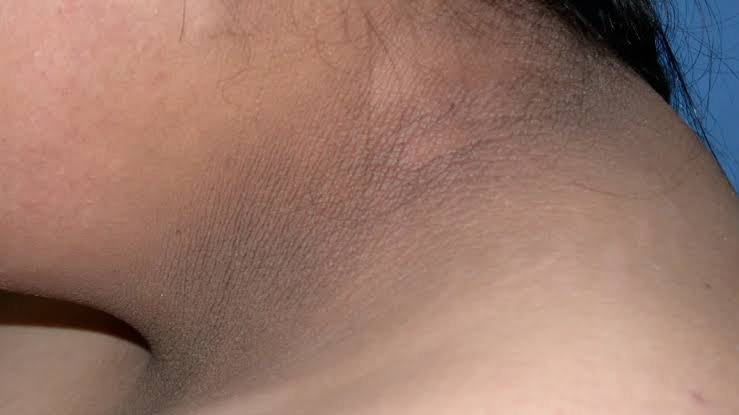
You will start getting tags on your skin. They are small growths on your skin that can happen anywhere – usually neck, groin, and back.
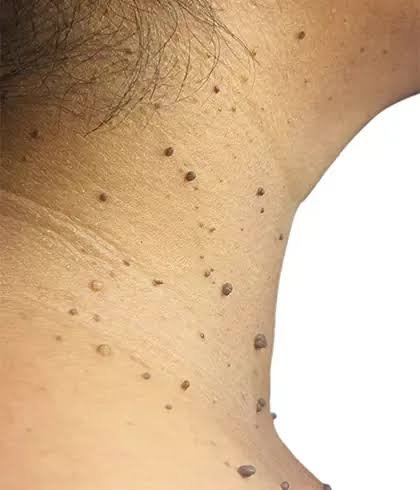
Bunch of other skin issues like acne. Acne is a sign that your hormones are messed up and also sign that you’re on the road to diabetes (or PCOS for women).
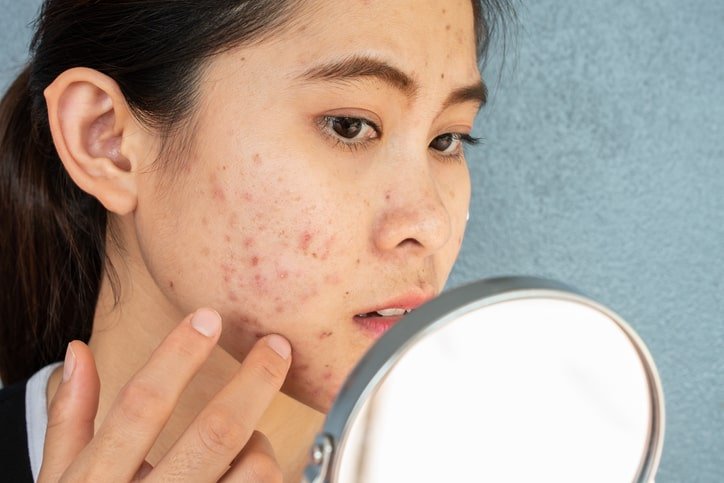
Not everybody gets these signs but the simplest predictor is whether you are fat or not.
If you are fat, you are probably insulin resistant.
If you are fat, you are probably insulin resistant or already prediabetic. This is irrespective of if you are muscular and fat or skinny fat.
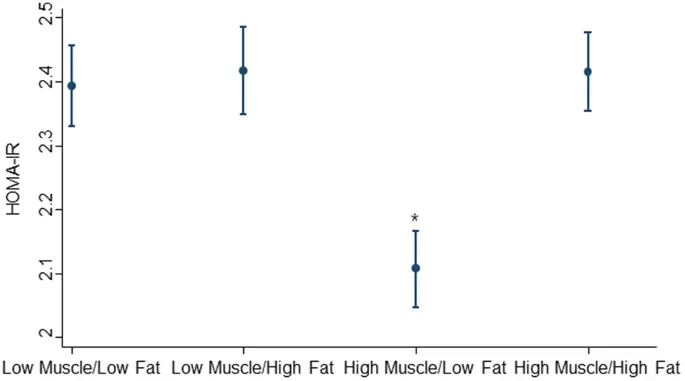
High muscle/low fat was associated with significantly lower insulin resistance compared to low muscle/low fat. Low muscle/high fat and high muscle/high fat were significantly associated with the prevalence of metabolic syndrome.
The full study is here (14,807 participants).
High body fat percentage correlates very strongly with insulin resistance – probably because the way most people get fat – eating lots of sugars – also makes you insulin resistant.
This is one of the reasons why it’s hard to lose fat for fat people. Eating small amounts of carbs produces a big insulin response and sends the body in “fat storage” mode.
Insulin is so “pro-fat-storage” that people who inject insulin frequently in a certain spot become fat at that spot.

It’s also why people who are diabetic tend to be so fat. They are usually asked to use insulin to manage their diabetes. When your blood is full of insulin, your body does not have a chance to burn its stored fats because insulin tells fat cells to start storing fat.
Special Note for Indians (South Asian Phenotype)
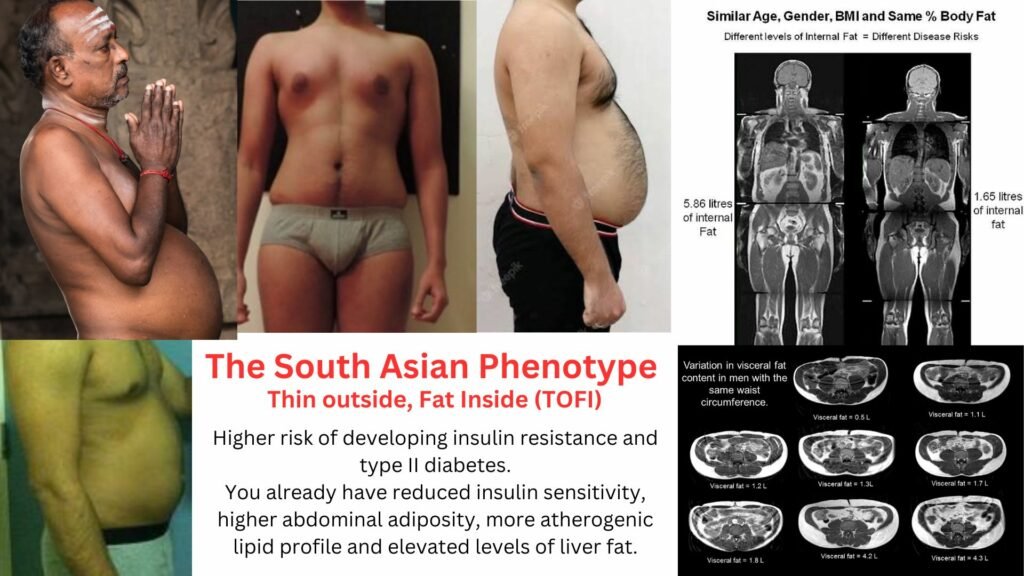
There are a lot of fat Indians who look thin – TOFI or Thin Outside, Fat Inside.
In this situation you are FAT, but you have such little muscle that you look “thin”.
If you are a typical Indian guy with a pooch or a pot belly, the money is on you being insulin resistant.
Some of them feel happy that they are thin – but they are in the worst of both worlds.
If you are skinny fat – you are both metabolically obese and have little to no muscle. Not a position you want to be in. It’s time to stop eating those samosas.
Prediabetes
If you have insulin resistance long enough, your body will eventually not be able to produce enough insulin to handle all the glucose in your system.
You will then end up in a situation where the sugar levels in your blood are higher than what it should be – but not high enough for you to be diagnosed with diabetes.
If you stay in this zone for long enough, you will eventually become diabetic (type 2).
Fortunately, prediabetes and insulin resistance are reversible. The solution I will give you for diabetes will also help you reverse insulin resistance and prediabetes (because we will handle the root cause and not just the symptoms).
Diabetes
There’s two types of diabetes.
Type 1 Diabetes – Your body does not produce enough insulin because the body’s immune system attacks the islet cells in the pancreas that make insulin.
This is a hereditary/genetic condition that you get at birth and can’t do anything about.
Type 2 Diabetes – Your body stops responding to insulin as much as it should and your body cannot make enough insulin to compensate and handle all the glucose in your blood. This is why some people inject insulin.
Type 2 Diabetes is self-caused where the person decides to be a fat obese subhuman loser and not get any exercise at all for years at a time. If you have T2D, You know this is true – I won’t mince words with you.
What Diabetes and Excess Blood Glucose Does To You
Diabetes basically means you have too much sugar in your blood because the insulin isn’t able to handle all of it.
If you have Type 2 diabetes, it means you also have too much insulin that your body made trying to compensate for the low responsiveness of your cells to it.
In other words, the damage that “diabetes” does is really damage that high glucose and insulin are causing to you.
- Sugar molecules are “sharp”. They damage your blood vessels and cells as they flow though them. The excess blood sugar slowly damages all the cells in your body – including your organs. You will start losing sensation in your extremities as your cells start to die. You might lose parts of your vision or even go blind.
- The extreme insulin response (your body produces a lot of insulin to handle even small amounts of glucose because it has to compensate for your cells not responding much to insulin) makes it hard for you to lose fat because the moment you eat carbs, the ton of insulin sends your body into fat storage mode.
- High blood sugar weakens the immune system making you more susceptible to disease.
- Your kidneys need to flush out all the glucose eventually. This slowly causes damage to them and can lead to kidney failure.
- Etc. (I don’t want to digress too much)
Why Most Doctors Fail With Diabetes
Doctors Are Not Nutritionists
Doctors fail with diabetes because they don’t know much about nutrition. This is a fact.
A doctor is good for a broken bone but their education in nutrition is typically lacking. If you look at their study material, you will agree with me. They are not trained for nutrition and in most countries, medical schools do not give their students any education in nutrition.
“During my 14 years of medical training at institutions that included Mayo Clinic and Johns Hopkins, the total time devoted to nutrition education was a whopping – wait for it – 0 hours. That’s not a typo. Zero. In a specialty, cardiology, that largely treats disease caused by lifestyle.” – Elizabeth Klodas, MD
Doctors are experts in medicine, not nutrition. A doctor is not a nutritionist. (If a doctor does know a lot about nutrition – ask them how – it’s almost always because they learned it on their own. It wasn’t a part of their degree)
Wait – it gets worse.
A lot of the times, what doctors do know is wrong and outdated. Many older doctors finished their medical education 20+ years ago when people were being told “fat is bad” and haven’t caught up with the latest research.
To this day you will find doctors tell patients that animal fat is harmful and freak out if they’re eating ghee, butter, etc. In recent years, numerous studies have proven this to be false – animal fats are extremely healthy (your grandma was right all along).
The typical doctor will ask diabetics to eat things like “whole grains instead of refined grains” – it’s good advice but also bad advice.
“Healthier” (complex) carbs enter the bloodstream slower and don’t produce as big of a sugar spike i.e. they are better than simple carbs – but they are still sugar nonetheless.
It’s like asking someone who’s lactose intolerant to drink milk slowly to minimize digestive problems. Sure… but how about no milk at all?
When it Comes to Diabetes, Doctors Handle The Symptoms Not the Problem
Almost all doctors treat the symptom of diabetes – the excess blood glucose.
You will be given medication – tablets, pumps, etc. to reduce or handle your blood sugar.
You might be asked to inject insulin to reduce blood sugar. This has other consequences such as promoting obesity and fat storage (see above section on insulin).
They might give you pills that promotes the pancreas to produce more insulin, which has the same problem.
They might give you pills that decrease glucose production in the liver or make it harder for your body to absorb sugar in your intestines.
They might give you pills that make you pee out some of the sugar in your blood.
Most people will start out with one pill but gradually it becomes two pills, and then multiple pills. Finally, you are told to inject insulin.
In other words, doctors help you MANAGE excess blood sugar. But they don’t stop the problem entirely.
Doctors are not evil. They just aren’t solving your problem in this case. Just helping you cope with it better.
What is The Solution to Diabetes
Before you can solve the problem, you need to understand it in a simple way.
Here is your problem: Your body is not able to handle glucose in your system.
The solution: Stop eating things that produce glucose in your system.
Low Carb Diet
This means you need to massively restrict your carbohydrate intake (Ultra low carb/ketogenic diet).
Little carbohydrates in your diet means little glucose in your blood to worry about.
Start tracking your calories and macros. A simple food scale and calorie tracking application is all you need.
Keep your carbohydrates less than 50g a day.
What you can eat:
- Red meat (mutton, pork etc. – yes it’s healthy)
- Organ meats
- White meat (chicken and poultry)
- Fish
- Liver
- Eggs (Eat 6 a day. Extremely healthy – especially the yolk. Buy free range eggs.)
- Animal fats like ghee
- Vegetables (the non-sugary ones like broccoli, spinach, and mushrooms)
- Citrus fruits, lemons, salt, electrolytes, vitamin C, etc.
- Black coffee
What you cannot eat:
- Grains (refined or whole)
- Sugary fruits
- Processed foods
- Vegetable fats (except olive oil and coconut oil)
- Modernist bullshit like margarine (highly processed vegetable oils)
You can have milk (animal milk only) but make sure to keep your carbs less than 50g per day.
Eating fewer carbohydrates also has the beneficial effect that you will not be hungry often and be more satiated.
When you spike your blood sugar a lot, you feel hungry. When you stop doing that, you will stop feeling hungry all the time. By eating fewer carbohydrates, you will eat more protein/fat and thus be more satiated.
When can you eat:
You are only allowed to eat 2 times a day. Lunch and dinner.
For breakfast, you can have black coffee or coffee with milk assuming you will still be under 50g carbs at the end of the day.
No snacking whatsoever – you are not a cow. You don’t need to eat 10 times a day.
What if I *really* want something sweet:
You are not a child, so get used to not eating sweets every day.
If you MUST have something sweet, I’d recommend diet coke or something similar. It’s not “healthy”, but it won’t fuck up your blood glucose levels.
What if I am a vegetarian/vegan:
Your choice of diet is incompatible with diabetes. You fucked yourself up by eating too much sugar and being fat for too long. You cannot have everything.
You need to adjust your eating habits to eat much less carbs (which means eating meat and vegetables and not eating grains). This means you can no longer be a vegetarian/vegan. Your grain and sugar privileges now stand revoked.
This is 100% your fault because you are the one who chose to live a lifestyle that made you diabetic.
If you still want to continue eating grains and other carbs – this article cannot help you. I’m not your mom and I’m not going to sit and convince you to eat a certain way because you have a medical condition. You’re an adult who can decide what you want to do with your body.
Diet is the most important thing and if you’re fucking it up – other things don’t matter as much.
Lifestyle
You need to adopt a healthier lifestyle. Having more muscle will help you because it will give your blood glucose another place to go besides your fat cells.
This means:
- 10,000 steps per day (your phone/watch can track this for you)
- 8 hours a day of sleep (sleep is extremely important for optimal hormonal health)
- Strength training 3-5 times per week (join a gym and hire a trainer or look for a program online)
A beneficial effect of eating low carb and getting regular exercise is that you will lose all the fat fast.
Gaining more muscle will make you more insulin sensitive and also give your blood glucose somewhere else to go other than your fat cells.
It also helps to walk for 15-20 minutes right after your meals because it encourages the glucose from the food to hit your muscles instead of fat.
A word of caution
If you are already on medication to reduce blood glucose, having them in combination with a low carb diet might reduce your blood sugar a bit too much.
You should monitor your blood sugar regularly.
If you find it getting too low, go to your doctor because he will either reduce your dosages or have you stop taking medicines entirely.
I wish to remind you that I am not a doctor. Nothing on my website/emails is medical advice. See my medical disclaimer.
Hope this helps.
Your man,
Harsh Strongman
P.S. Further Reading
Some reading into the latest research into protein, heart, and kidneys (what your doctor learned 30 years ago was wrong):
Protein and your kidneys – it won’t damage them!
A widely held and controversial myth that high-protein diets may cause kidney damage in healthy adults has been debunked by scientists at McMaster University, who examined more than two dozen studies involving hundreds of participants. “The fact is, however, that there’s just no evidence to support this hypothesis in fact, the evidence shows the contrary is true: higher protein increases, not decreases, kidney function.” link
Low protein intake led to greater kidney tubular structural injury and inflammation Lower protein intake decreased kidney mass and glomerular filtration capacity link
Another myth is that a high protein diet harms kidneys, but once again when critically examined that belief just falls apart! If you go on a high protein diet you may see an elevation in BUN or creatinine, that doesn’t necessarily indicate a problem but often just reflects you are eating more protein than the average sick American- go get a test called Cystatin-C if you want to assess kidney function link from paper link
Dietary fat and your arteries – it won’t damage them!
A Ketogenic Diet Is Protective Against Atherosclerosis in Apolipoprotein E Knockout Mice link
A very-low carbohydrate content in a high-fat diet modifies the plasma metabolome and alleviates experimental atherosclerosis link
The main diets effective against the development of atherosclerosis were considered, and the most popular were the ketogenic, Mediterranean, and DASH-diets link
Special Thanks
Special thanks to Shashi Iyengar (Accredited Metabolic Health Practitioner) and Sangeetha Aiyer (Certified Metabolic Health Practitioner) for reading this article and helping improve the advice herein.

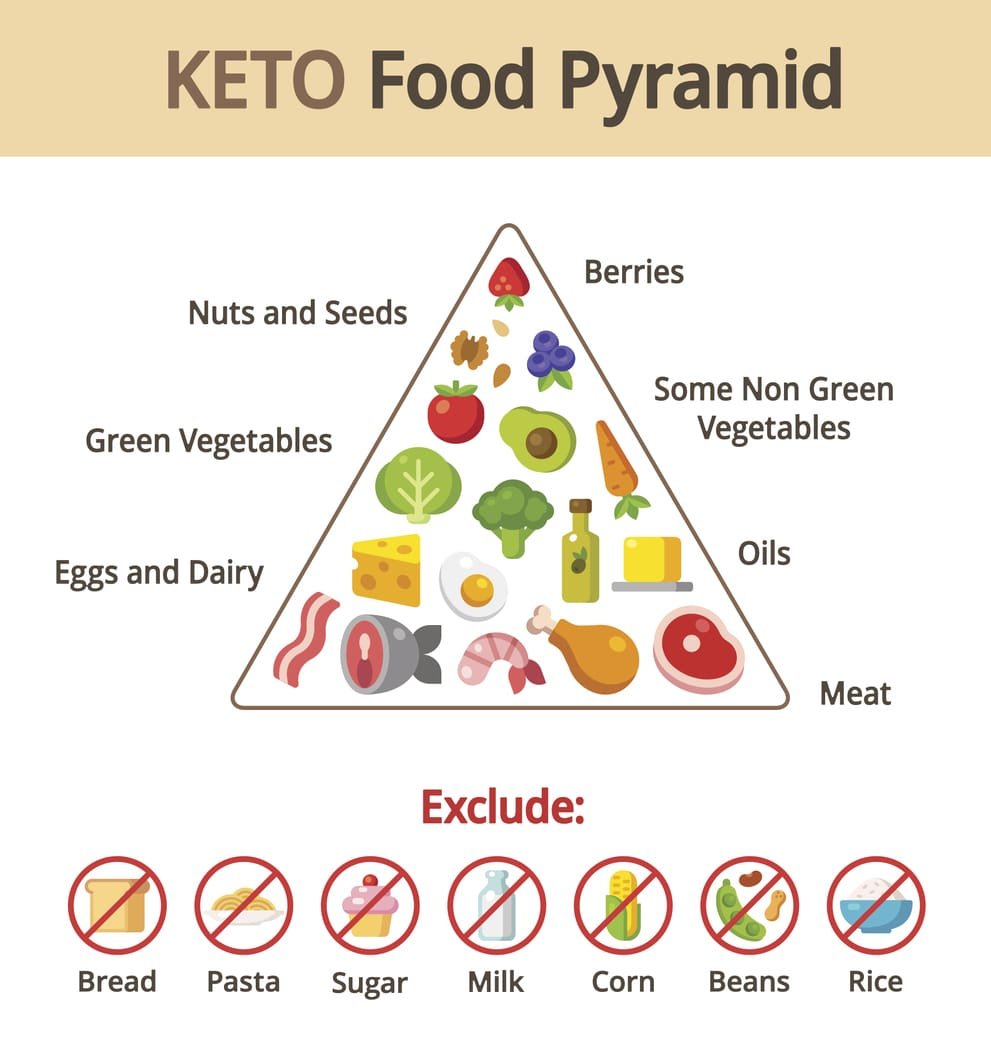
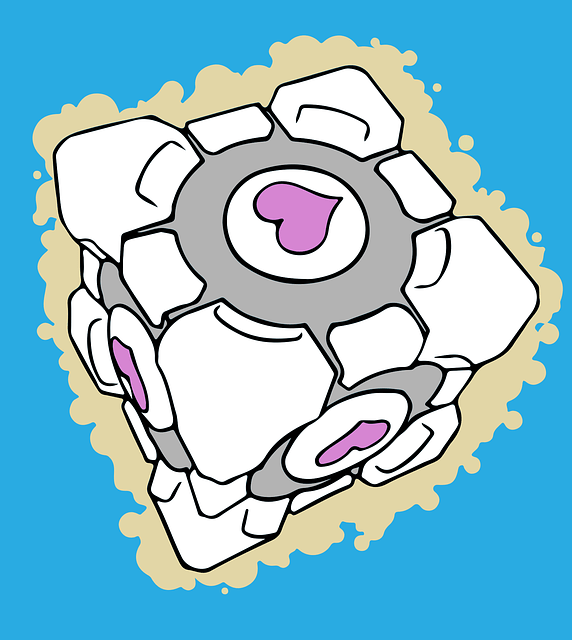



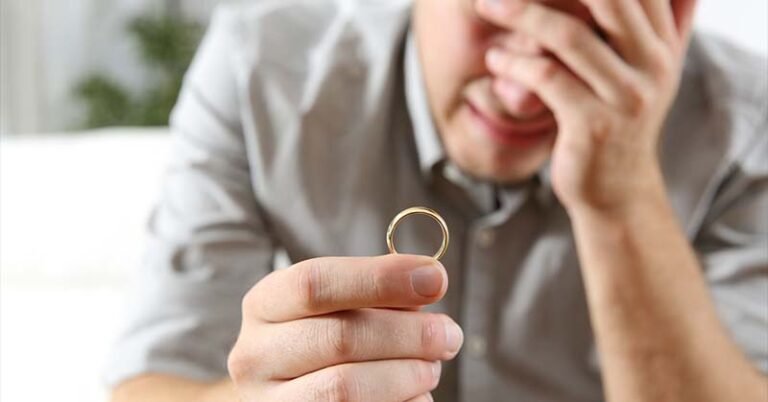


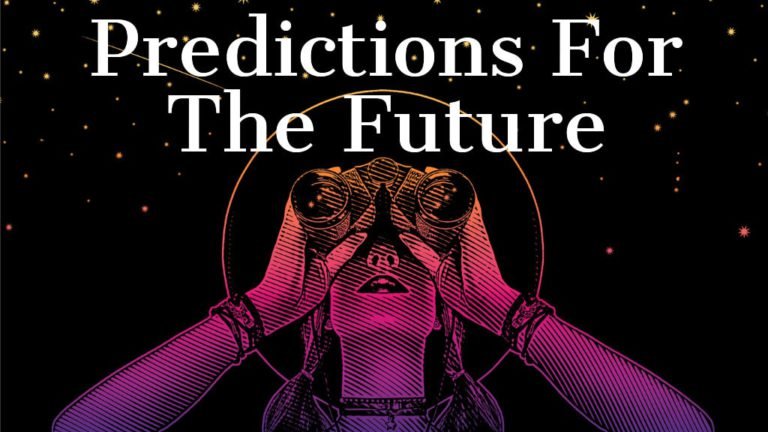
![Traits Women Find Attractive Traits Women Find Attractive (And How to Score Yourself) [PART 1: Physical Aspects]](https://lifemathmoney.b-cdn.net/wp-content/uploads/2025/11/Traits-Women-Find-Attractive-1.jpg)




